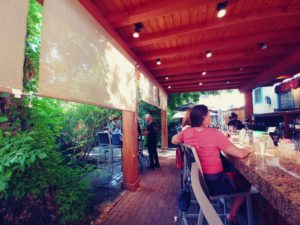
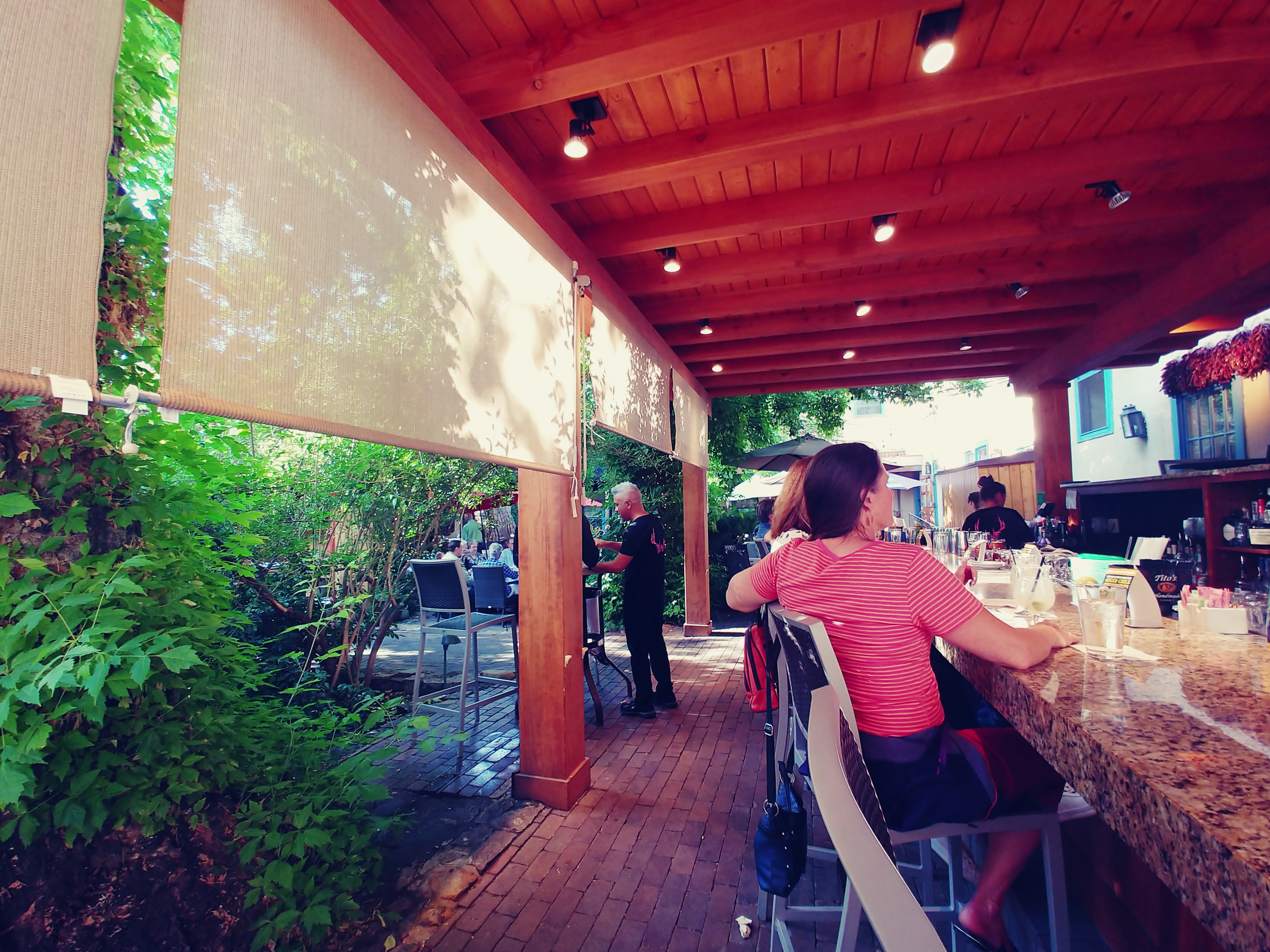
RITA ® Award-Winning Author of Fantasy Romance




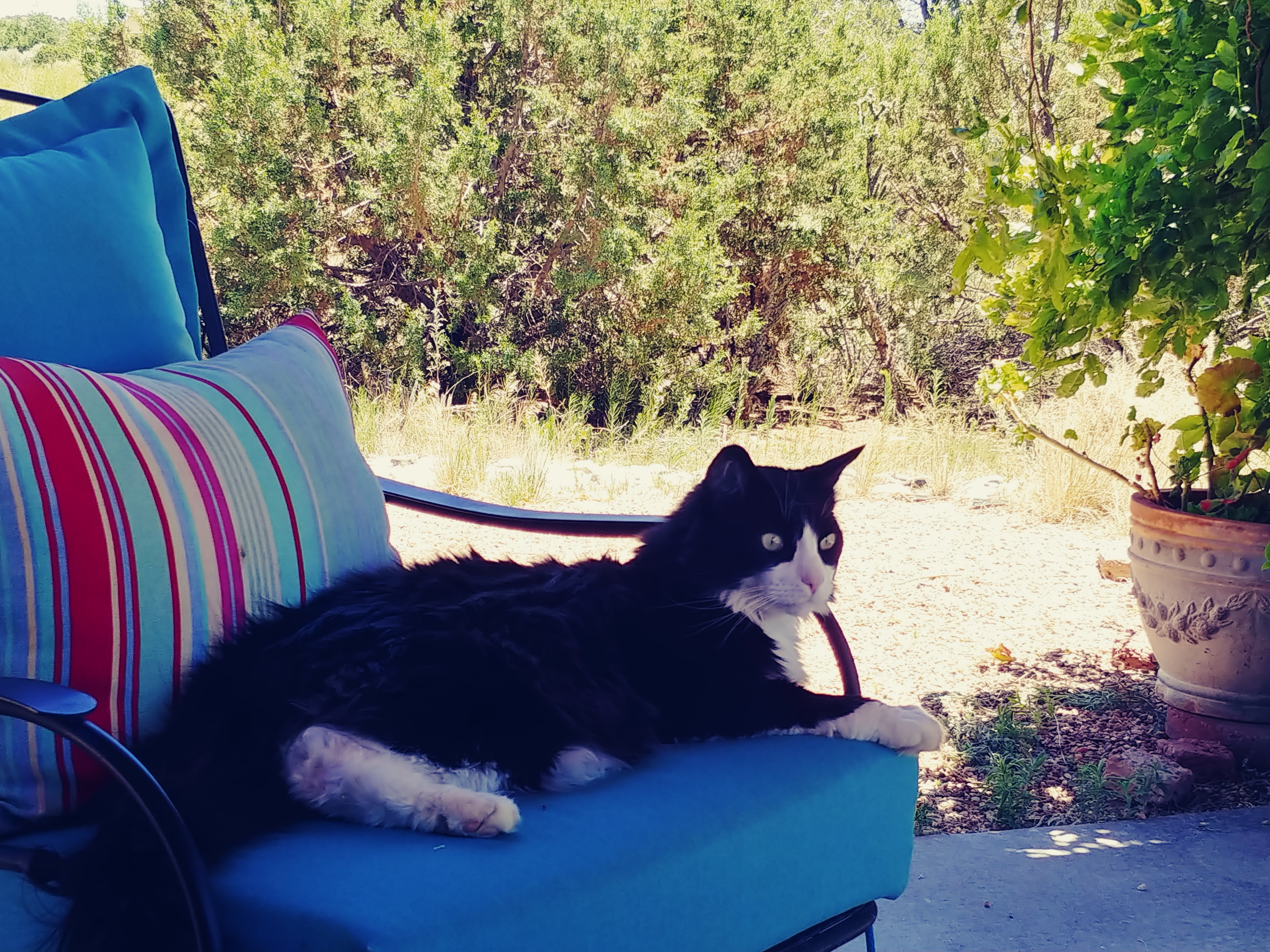

Yesterday evening I did a podcast interview over the phone, as part of the promotions St. Martins Press has set up for me for THE ORCHID THRONE. This was a gal I hadn’t interacted with before. In fact, a LOT of early readers and reviewers picking up this book – or winning it from a Goodreads giveaway – are totally new to my books, which is super cool. This gal hadn’t read fantasy romance before and she was all excited by the combination, which was really wonderful to hear. Amazing to me that so many people are discovering this sweet spot between epic fantasy and female-driven, swoon-worthy Romance. Also, pretty kickass to know the subgenre is still on the rise.
Anyway, one of the first questions she asked me – before she started recording – was how to pronounce my name. This came as no surprise as it’s usually the first question anyone new asks me. For the record, it’s Jeff-ee, or Jeffy, whichever makes more sense in your head. (But not Jiffy like the peanut butter and not jefe, which is pronounced heff-AY and is Spanish for boss. Yes, I have a lot of these conversations.) It’s short for Jennifer, and is a nickname my dad made up when I was a baby. No, he didn’t want a boy and he liked the name Jennifer. He also died when I was three, so my nickname is a gift from him that I’ve carried all my life.
As you can see, I have a lot of conversations about my name – and I try to remind myself that though I’ve heard all these questions and jokes a hundred times, for the person I’m talking to, it’s brand new to them. Also, talking about my name is a good ice-breaker, so for the most part I don’t mind.
Still, it’s amazing to me how many people feel it’s fine to advise me about my name or make jokes about it. I avoid telling people it’s short for Jennifer, not because it’s a secret (obviously I’m talking publicly about it here), but because some people will insist on calling me Jennifer once they find out. Even after I tell them only the IRS and telemarketers call me that and if you yell it across a bar, I’ll assume you mean one of the ten-thousand OTHER Jennifers and I won’t respond. Some people have very seriously told me that I shouldn’t use a “made up” name. I remember my graduate adviser refusing to call me Jeffe, because he thought it sounded too much like Buffy and I needed to be more serious than that.
It occurred to me much later what a red flag that was of so many, many things.
What’s key here is, I identify with the name “Jeffe.” It’s been my byline all along (with the exception of those very serious scientific papers) and it’s what I respond to. I realize there’s a bit of a bump in people assimilating the unfamiliar, but I’m willing to work with people on that. I’ve come to realize that it’s not unreasonable to ask people to put that effort in also.
The other night we were having drinks with my folks and the topic of pronouns came up. They’re from an older generation, so they’re understandably taken aback by the “new” pronouns. “When did this become a thing?” they asked. I explained that I knew it seemed weird to them, but that I’d had to learn too. I wear a She/Her/Hers button on my conference lanyards to help normalize that pronouns shouldn’t be assumed. I’m fortunate to present as female and that the assumed pronouns match my appearance. But this isn’t true for everyone and it makes it harder for people who are exceptions if only they designate pronouns.
It comes down to that we all have this basic right of human dignity, which includes being called by the names and pronouns we choose for ourselves. Having these many conversations over the course of my life about my unusual nickname – and the occasional obstinate responses – is a minor irritation. But it makes me aware of how much more difficult it must be for someone with a greater stake in the issue, and perhaps less privilege and confidence.
I recall when Quvenzhané Wallis was up for an Academy Award, the press did not handle it well. From this terrific article on the topic:
They might have addressed her with a respectful ‘Miss. Wallis.’ Or politely asked how to pronounce her first name. Or best of all, they might have done the research ahead of time to learn how she preferred to be addressed. Instead she was called ‘Q,’ ‘little Q,’ ‘Miss Q.’ An AP reporter even decided “I’m just going to call you Annie,” to which Wallis replied “My name is not Annie. It’s Quvenzhane.”
I’m struck by this observation in the article:
Names given to some black children are mocked as being ‘made up’ or not ‘real’ names. White folks will substitute them for names that are more familiar to our own culture.
I understand this very well, having the “not real” accusation hurled at me about my name, along with the stubborn refusal to use it and the fall back to something more culturally familiar. And that’s being a white girl in a culture predominantly peopled by folks like me.
Then there’s this great talk by Uzo Aduba on wanting to change her name as a child because no one could pronounce Uzoamaka. (Shout out to Suleikha Snyder and Chelsea Mueller for knowing exactly what I was trying to recall there!) Her mother told her if people could learn to pronounce Tchaikovsky, Michelangelo, and Dostoevsky, they could learn to pronounce Uzoamaka.
Her talk is especially stirring because she finishes with the advice, “So, do not ever erase those identifiers that are held in you… It is yours, and it was given to you at birth, and it is yours to own.”
I wish now that I’d insisted my graduate adviser use the name *I* wanted, not the one he approved of.


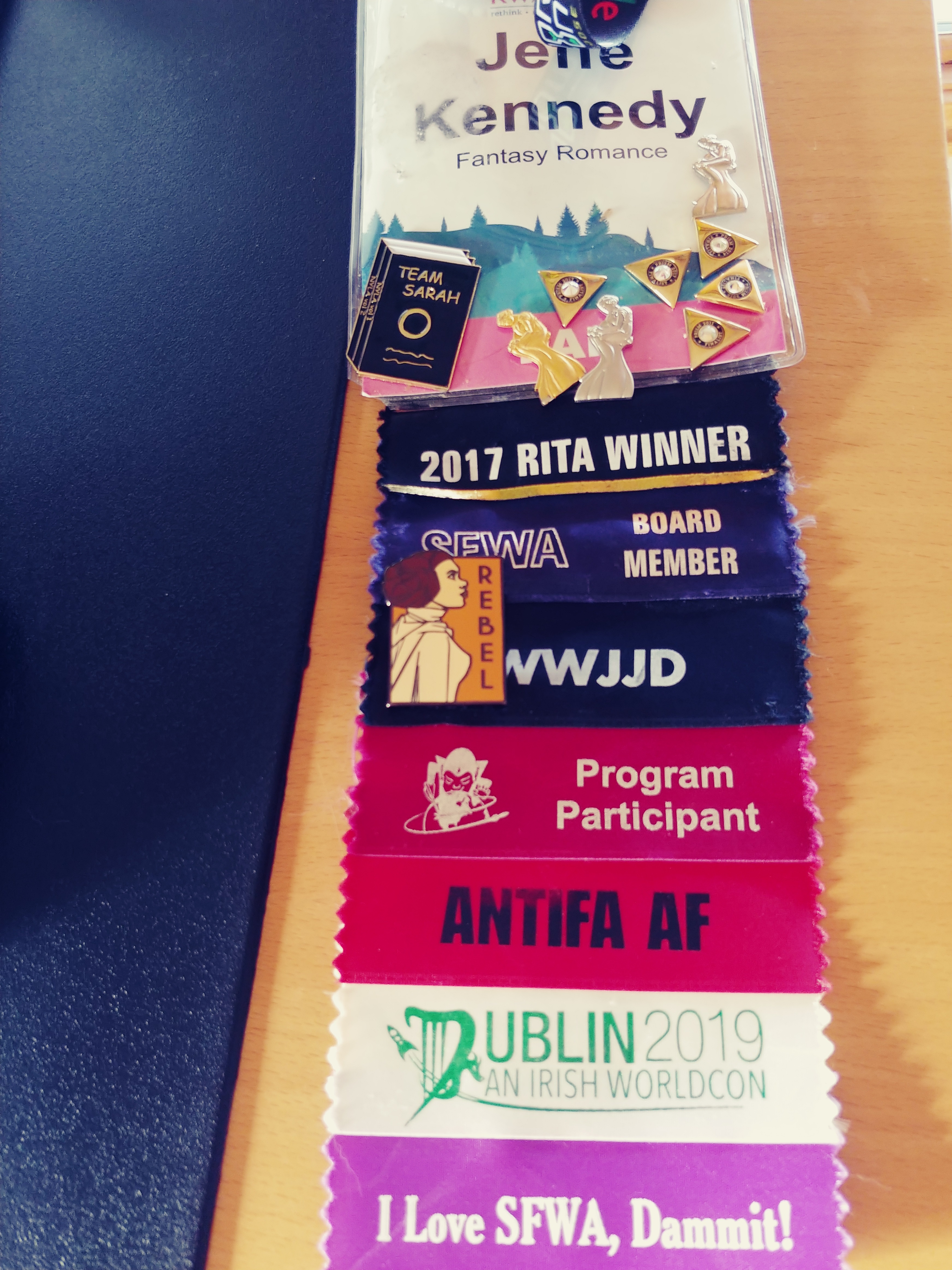
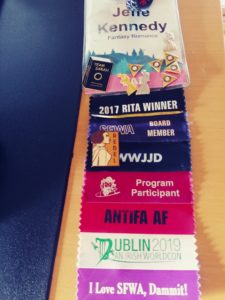
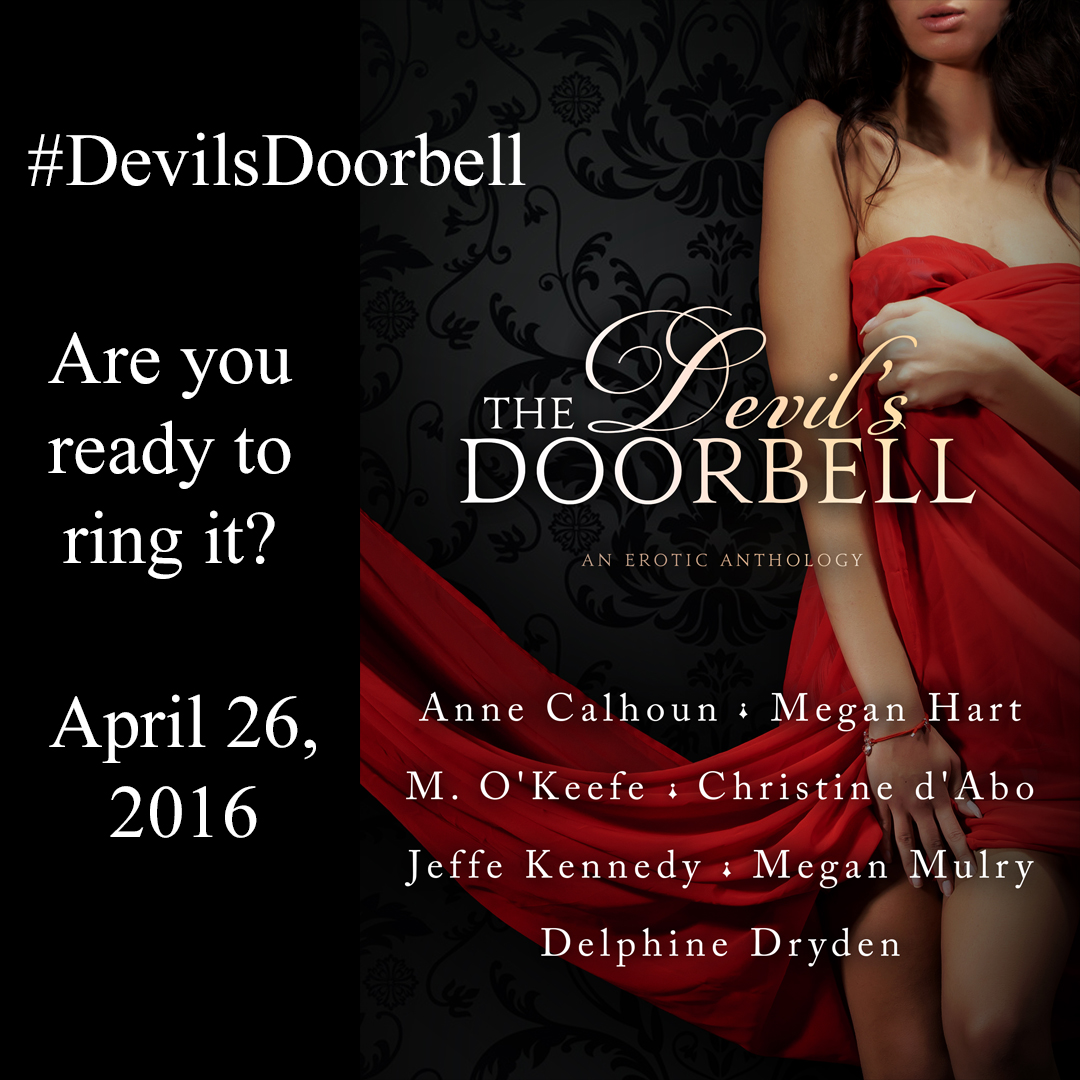
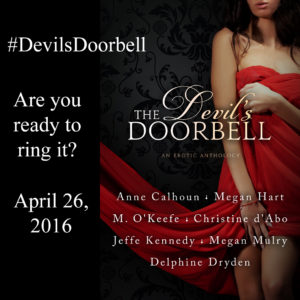
Our topic at the SFF Seven this week is all about the things we want to do. We’re asking everyone to name three projects we’ve been planning to work on for a long while and haven’t yet touched.
It’s kind of like the writer version of the Island of Lost Toys. Come on over to find out mine.
It’s summer in the Northern Hemisphere and winter in Southern Hemphisphere. That means it’s time for our biggest sale of the year.
Whether you’re looking for a great summer beach read or something to warm your heart in front the fireplace, you’ll find it here!
The 11th annual Smashwords Summer/Winter Sale has begun, running now through July 31.
The sale already features nearly 55,000 ebooks with deep discounts of 25%-, 50%-, and 75%-off, as well as FREE. Over 600 series starters are enrolled in the sale at FREE, joining 5,500 series starters that are free every day.
Be sure to visit the sale throughout the month because thousands of new titles will join the promotion each week as the month progresses.
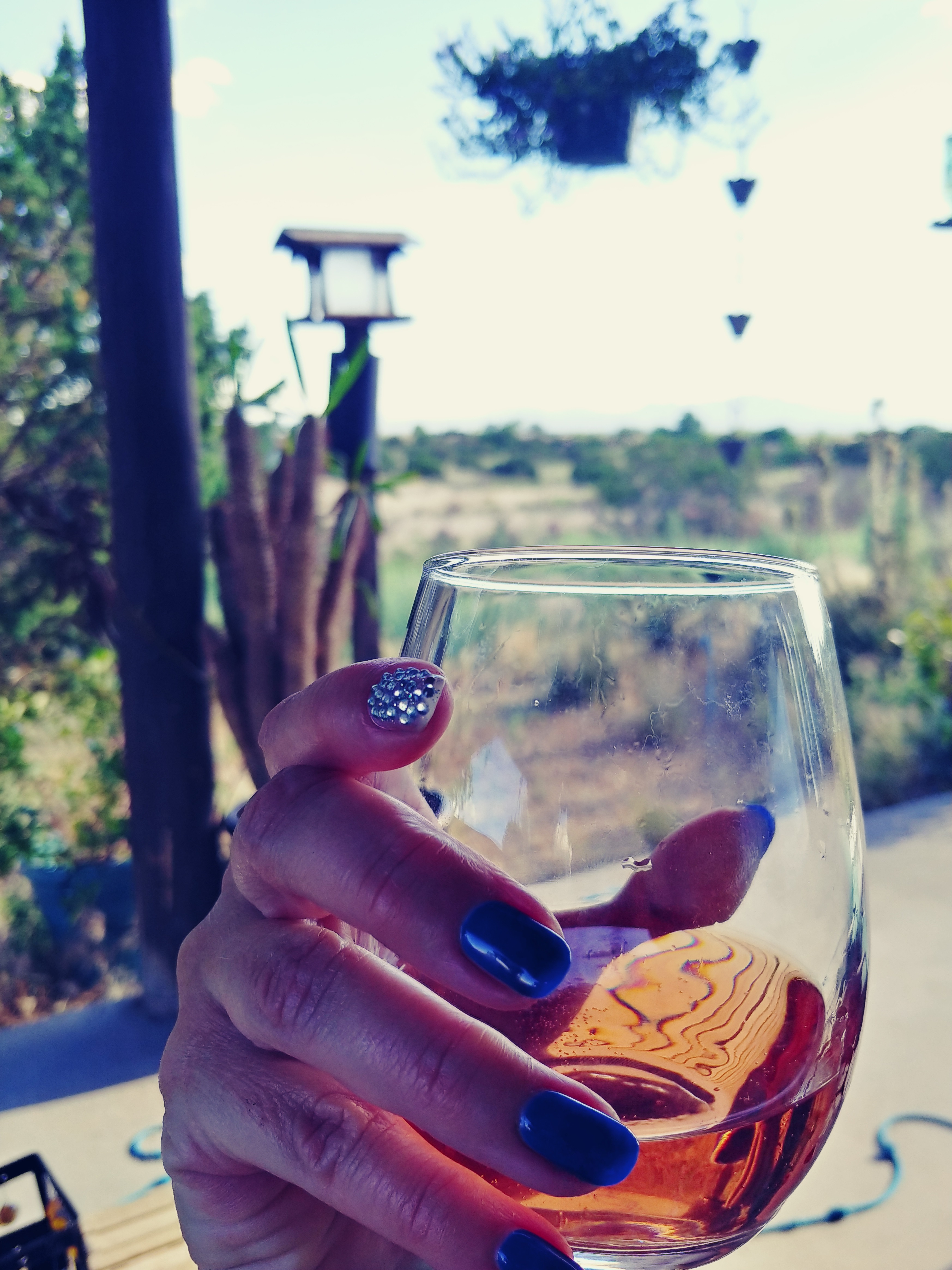



Evening thunderstorms in Santa Fe make for gorgeous sunsets!
I’m super excited making plans with Grace (Darling) Draven for San Diego Comic Con. She was originally coming along as my guest, hoping to keep a low profile and just enjoy some girl time. Now her publisher found out she’s going, so I get to go to the Penguin-Random House party as her guest. We’ve also made plans to meet up with our readers who don’t have passes to the Con itself. For anyone interested in the San Diego area, Grace and I will be at the Marriott Marquis pool bar by 8pm on Friday, July 19. We’ll hang there until 10pm, when it closes. I think some intrepid fans have a plan to get there early and snag a seating nook. It might be mobbed, but we’ll be there! We’re both traveling light, so we won’t have much stuff with us, but we’ll be happy to sign books, swag, underwear (I really did this once – clean and unused, however) that you bring. We’ll also be at our leisure to chat, discuss, and answer questions. Sorry to make you all come down to the Comic Con crush, but that’s how we could fit this in.
I’ll also be on a panel and signing at the TOR booth with giveaways of THE ORCHID THRONE. Details here.
It’s going to be so fun!
The last few days on my podcast, First Cup of Coffee with Jeffe Kennedy, I’ve been talking about the difference between marketing and promotion, and also social etiquette for asking for cross-promotion with other authors. If you listened there, I’m going to say pretty much the same thing here. I tried doing transcriptions of the podcast, for those of you who don’t like to listen to stuff, but it takes me close to an hour to correct a 20-minute podcast. Plus it costs me .10 cents/minute. I did add a donation button on the podcast, to help supplement the costs, but that’s just way too much time. So I’m going to make an effort to discuss important stuff (not cat wrangling, hummingbirds and notes on the weather – regular features of the podcast) here on the blog, too.
What happened to set me off was I received an email addressed to “Dear Author Friends” that then apologized for the mass email, blamed social awkwardness for it, and then proceeded to deliver a slick publicity package for her new series, asking me to share pre-prepared quotes, memes, etc.
It came to my semi-secret email, the one I reserve for friends and business folks like my agent and editors, and I had no idea who this author was. Not a friend, that’s for sure.
I did search of my Outlook items and found her. We were on a panel together two years ago – and I used that “good” email address for discussions about the panel. She harvested my email address, put it in this list of “author friends” and gave it to a publicity person who put this email together for her. Some of my real author friends who looked at the letter recognized some of the language as being canned.
So here’s a hint, for anyone thinking about doing something similar. Yeah, maybe some of those people you blitzed will post your promo for you. But for many of us, that’s just a really good way to piss off your author community. If you can’t take the time to contact me directly and personally – and there are a LOT of ways on social media to reach me or my assistant – then why will I spend my time, or pay for my assistant’s time, to help you?
Also, I don’t care who you are. If you take someone’s email address from a business correspondence and use it to send a mass email to promote your book? You, my so-not-a-friend, are an email spammer. There’s a special circle of hell for spammers.
I often cite cross-promotion with other authors as my favorite kind of promotion. It’s also by far the most effective. Witness what a great team Grace and I are, as above. But please notice that Grace and I are FRIENDS. I want her to succeed and she wants the same for me. We share a lot of readers, and that’s awesome. We also share mutual regard and sincere good wishes for each other. That’s what networking is about. Grace and I first “met” online because of our readers cross-recommending us. We had coffee at a con and became friends. (That infamous coffee date ended up lasting three hours because we clicked. That doesn’t always happen, but sometimes it does.) Using the network of your author friends should be entirely predicated on FRIENDSHIP, which means a reciprocal relationship. I’m not talking quid pro quo or bean-counting. I’m talking about good will, about sincere regard and good wishes.
Not spam.

